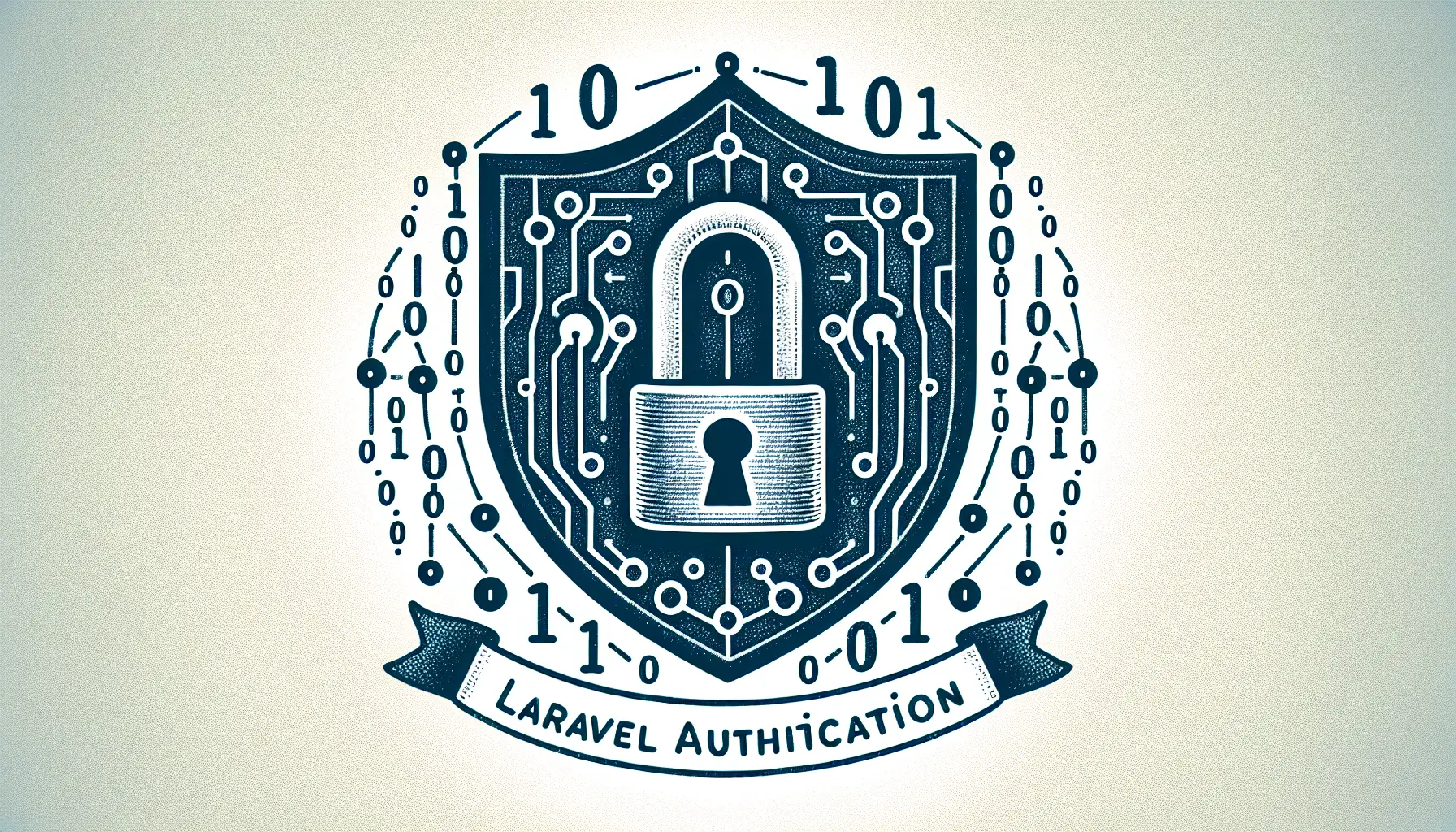Mastering Laravel Authentication: A Comprehensive Guide for Developers

Laravel authentication is easy to implement because of Laravel’s well-structured system and its use of tools such as Laravel UI, Breeze, and Jetstream. This system increases the efficiency of building secure web applications and effectively eliminates the usual complications associated with user authentication.
The goal of today’s post is to give you a comprehensive guide to mastering Laravel Authentication. We will explain its features, walk you through creating a Laravel Auth, discuss advance techniques, and offer invaluable tips to help you reliably secure your websites or applications.
Heading 2: Basic Features of Laravel Authentication
Content: Laravel’s authentication system offers robust features that greatly simplify the process of setting up access control in your application. Some features include:
• Registration: Allows new users to create an account in your application.
• Authentication: Verifies registered users before granting them access.
• Password Reset: Permits users to reset their passwords if forgotten.
• Authentication drivers/guards: These are a set of drivers managing defined user states.
• User providers: Define how users are retrieved from your persistent storage.
• Middleware: Provides a user-friendly way to filter HTTP requests.
• CSRF (Cross-Site Request Forgery) Protection: CSRF tokens safeguard you against CSRF attacks.
All these features easily integrate into any Laravel project to provide a complete and secure user authentication system.
Heading 3: Setting up Laravel Authentication
Content: Now that we understand Laravel Authentication’s basic features, let’s move on to the actual setup. Laravel’s in-built Auth command generator can quickly scaffold out a default authentication setup, providing you with routes, views, and layouts.
We will take you through these three significant steps:
1. Installing Laravel
2. Setting up your Database
3. Migrating Laravel’s built-in user table
4. Generating Authentication scaffolding
Heading 4: Advanced Laravel Authentication Techniques
Content: Laravel allows for more customization and complex setups beyond its basic authentication system. For developers looking to explore more advanced Laravel authentication techniques, this part of our guide is for you!
We’ll explore the following topics:
• Social Authentication: Using Laravel Socialite to authenticate with various social networks and services.
• LDAP (Lightweight Directory Access Protocol) integration: Utilizing LDAP for authentication in larger organizations.
• JWT (JSON Web Token) Authentication: For developers looking to build APIs, JWT is an excellent place to start.
Heading 5: Laravel Authentication Tips and Best Practices
Content: Mastering Laravel’s authentication techniques are only part of the puzzle; putting these techniques into practical use effectively is the real challenge. We bring you some tips and best practices to ensure that your Laravel authentication implementation is as secure and efficient as possible.
These would include:
• Regularly updating your Laravel Framework
• Implementing Two-Factor Authentication (2FA)
• Enabling Email Verification for new Registrations
With proper understanding and practical implementation, Laravel Authentication can deliver an excellent secure authentication experience to your application users. It’s all about understanding its power and flexibly adapting it into use for your specific needs.

Learn how I develop superior e-commerce solutions tailored to match unique client requirements while optimizing for search engine visibility.

Take a closer look at how I built an SEO-optimized, user-friendly and engaging platform for an Online News Magazine aimed at increasing its readership and digital presence.